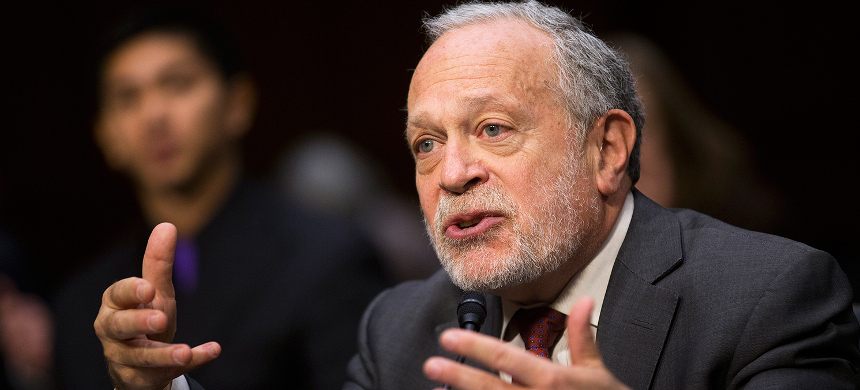Live on the homepage now!
Reader Supported News
Justice Amy Coney Barrett recently insisted otherwise but that’s now hard to claim
But if not political or personal preferences, where exactly do they discover the law? Thomas never said. When asked whether the attorneys presenting oral arguments ever compel him to change his mind, Thomas said, “almost never”.
In late September, the court’s newest member, Justice Amy Coney Barrett, told a crowd in Kentucky that supreme court justices are not a “bunch of partisan hacks”.
If there’s any doubt about the partisan hackery of the supreme court’s six Republican appointees, it will be on full display when they overturn Roe v Wade, the 1973 decision that established a constitutional right to abortion and prohibited states from banning the procedure before fetal viability, about 23 weeks.
That ruling is expected next July. The case they’ve teed up to do the dirty deed is Dobbs v Jackson Women’s Health Organization, which centers on a Mississippi law that bans almost all abortions after the 15th week. Moving the constitutional prohibition to 15 weeks would disregard decades of precedent.
On Wednesday, during almost two hours of intense oral argument and questioning from the justices, the court’s six Republican appointees signaled their comfort with the Mississippi law, even though it would flatly overrule Roe. Several of them appeared ready to dispense with Roe entirely, letting states decide whether and when to ban abortions.
Until the last few years, there was no realistic prospect of overruling Roe. But Donald Trump vowed to name justices who would do so. And courtesy of the machinations of then Senate majority leader Mitch McConnell, Trump got an opportunity to appoint three justices – who have now created a six-justice conservative supermajority.
During Wednesday’s argument, the three justices appointed by Democratic presidents warned that overruling Roe so soon after a change in the court’s membership would undermine the court’s legitimacy.
“Will this institution survive the stench that this creates in the public perception that the constitution and its reading are just political acts?” Justice Sonia Sotomayor asked. “If people actually believe that it’s all political, how will we survive? How will the court survive?”
It’s the key question. As the framers of the US constitution well understood, the supreme court is the one branch of government with neither the power to command obedience by force nor to gain it by doling out money. It relies totally on its moral authority. If the public begins to see it as just another political branch, it will lose that authority.
Flashback: I was in law school in 1973 when the supreme court decided Roe. Also in my class at the time was Clarence Thomas, along with Hillary Rodham and Bill Clinton.
The professors used the Socratic method – asking hard questions about the cases they were discussing and waiting for students to raise their hands in response, and then criticizing the responses. It was a hair-raising but effective way to learn the law.
One of the principles guiding those discussions is called stare decisis – Latin for “to stand by things decided”. It’s the doctrine of judicial precedent. If a court has already ruled on an issue (say, on reproductive rights), future courts should decide similar cases the same way. Supreme courts can change their minds and rule differently than they did before, but they need good reasons to do so, and it helps if their opinion is unanimous or nearly so. Otherwise, their rulings appear (and are) arbitrary – even, shall we say? – political.
In those classroom discussions almost 50 years ago, Hillary’s hand was always first in the air. When she was called upon, she gave perfect answers – whole paragraphs, precisely phrased. She distinguished one case from another, using precedents and stare decisis to guide her thinking. I was awed.
My hand was in the air about half the time, and when called on, my answers were meh.
Clarence’s hand was never in the air. I don’t recall him saying anything, ever.
Bill was never in class.
Only one of us now sits on the supreme court. It appears that he and his Republican-appointed colleagues – three appointed by a president who instigated a coup against the United States – are getting ready to violate stare decisis, judicial precedent.
I don’t expect them to give a clear and convincing argument for why.
Follow us on facebook and twitter!
PO Box 2043 / Citrus Heights, CA 95611



No comments:
Post a Comment